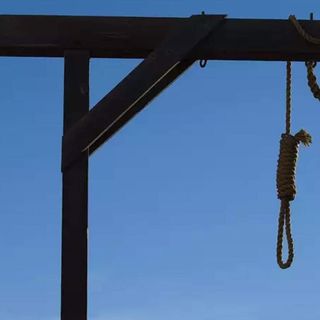Attention — this is not a movie, but it is a plot twist: The Brazilian mafia is enforcing strict curfews in order to slow down the spread of Covid19.
“The traffickers are doing this because the government is absent. The authorities are blind to us,” one Rio de Janeiro resident told The Guardian.
Brazilian President Jair Bolsanaro recently called Covid19 a “little flu” and had said that he “wouldn’t feel anything” if the virus infected him.
To combat state inadequacy, drug traffickers in Brazilian slums, or favelas, have enforced an 8 p.m. curfew. Loudspeakers within a Rio favela known as City of God broadcast that punishment would await all those who broke the curfew. Gang members also moved around the area telling people, “We will do a curfew because no one is taking it seriously. Anyone who is on the street or kicking will receive [punishment] and will be an example. It is better to stay at home. … The message has already been given,” according to Extra, a Rio de Janeiro-based newspaper.
Related on The Swaddle:
Nobody Knows What the Government Is Doing to Fight Covid19
In Santa Marta, another Rio favela, traffickers have handed out soap and placed a sign at the entrance of the neighborhood stating, “Please wash your hands before entering the favela.” And in yet another favela near the Rio de Janeiro airport, traffickers have put restrictions upon shops and churches, leaving only bakeries open till 11 p.m.
While one local told The Guardian that, “Nobody wants to go outside – first of all for fear of coronavirus and now because of this order,” another seemed less hopeful, saying that, “People who live right up at the top of the [hilltop] favela sometimes go two weeks without running water. If people aren’t even able to feed themselves, how are they supposed to stay clean?”
We don’t know if the motive behind these acts of altruism is truly altruistic. But, this act of civic responsibility by literal gangsters — gun-toting, mayhem-causing individuals who we’re normally supposed to fear and avoid — is a great reminder of how crisis situations can lead to kindness emerging from the most surprising places.




